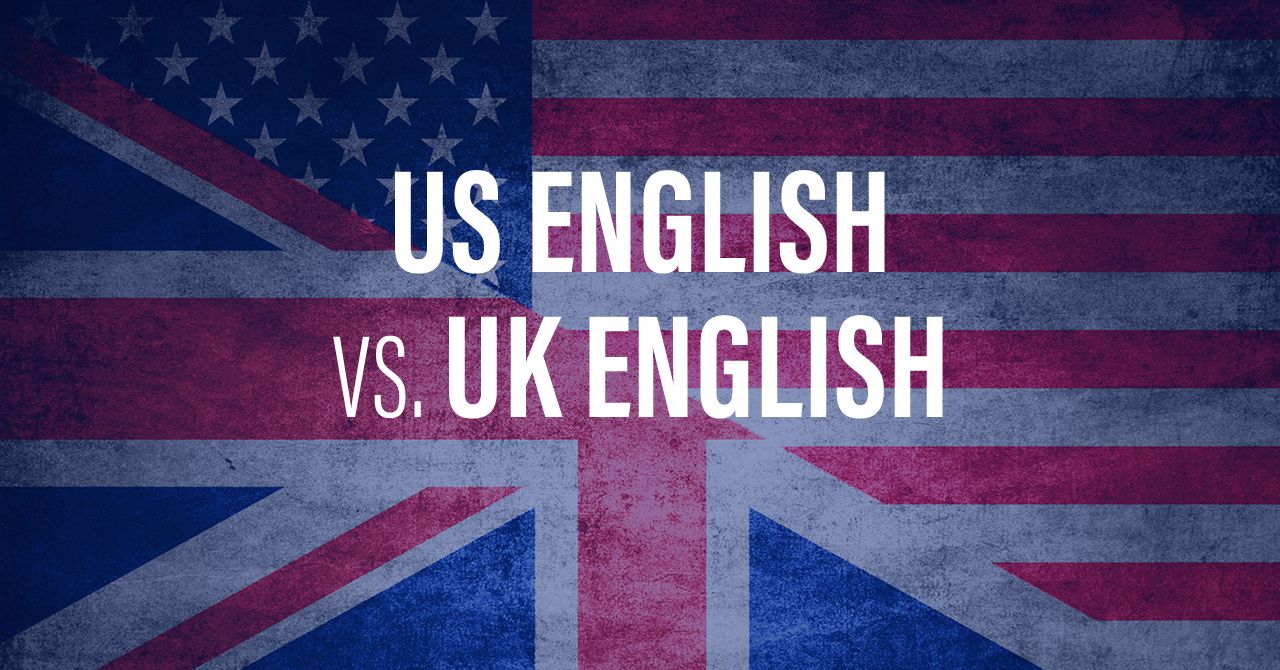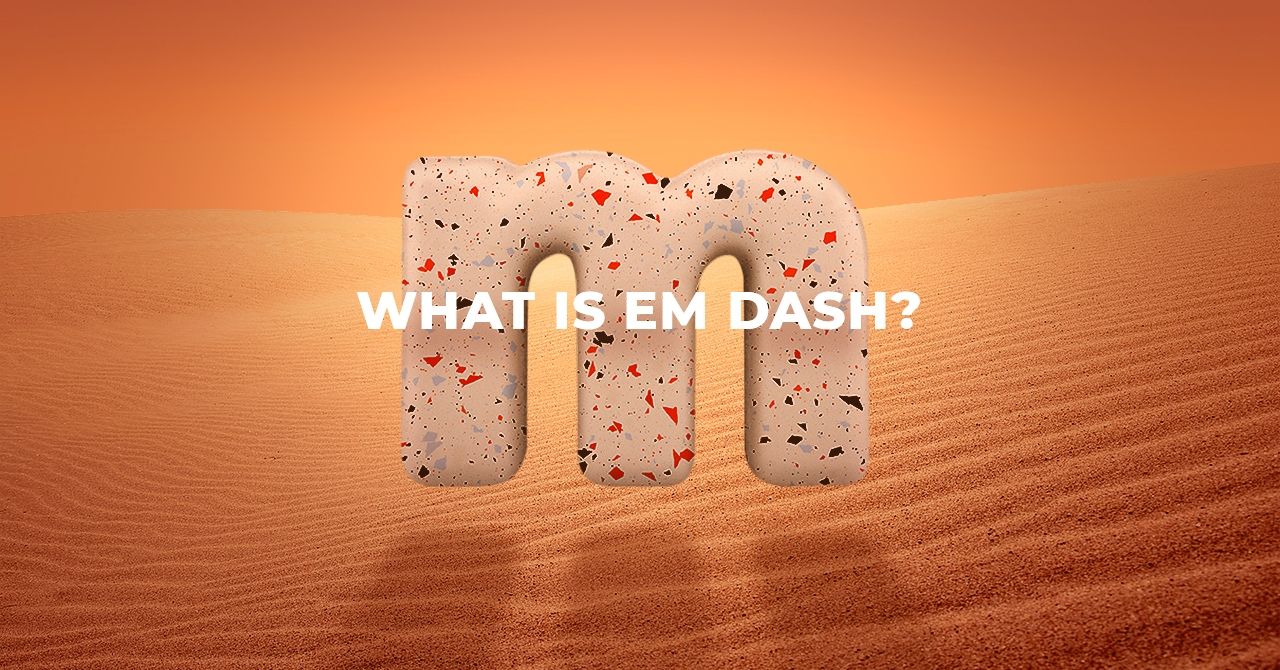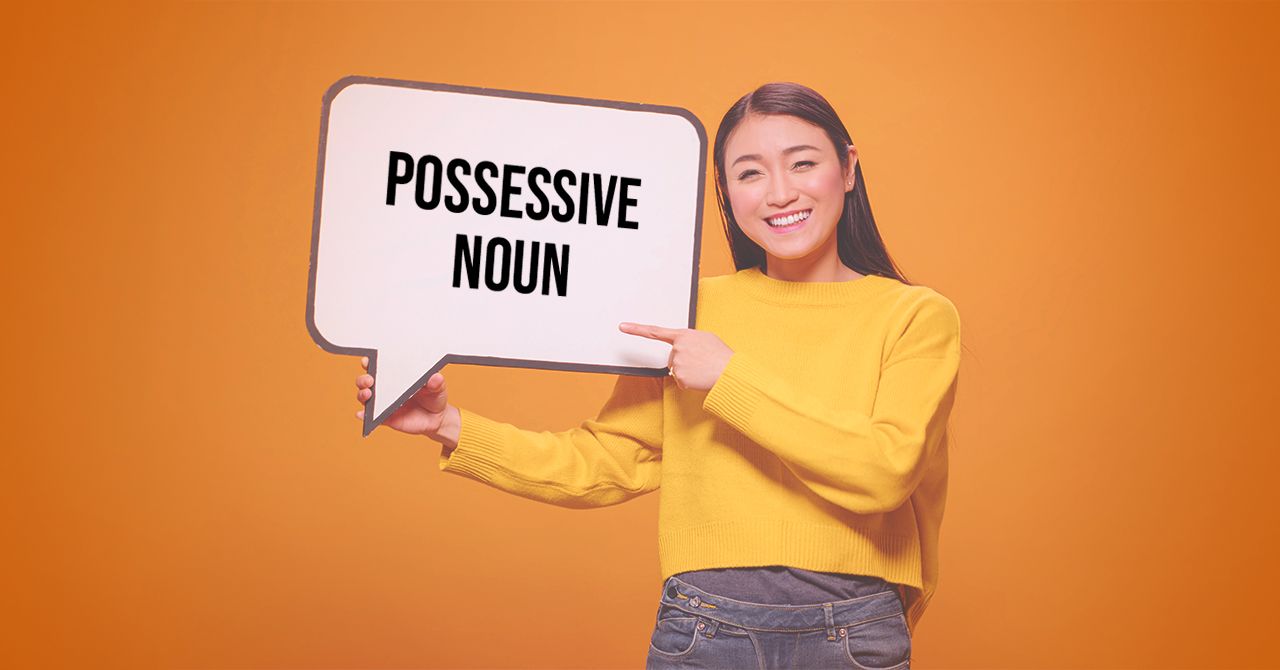English
Find lots of useful information for learning English. Don't miss our new articles.

When and how to use the first, second, and third person with examples
The first, second, and third person are different grammatical perspectives. These points of view help distinguish between the speaker, addressee, and others.

Differences Between US and UK English
1) Fall or Autumn? Trick question, both are correct. Can you guess which one’s which? I’ll give you a hint; the American versions always sound cooler than our versions in England. ‘Fall’ or ‘The Fall’ is the American version and is the time of year between September to November. 2) Can I use the rest..toi..urgh..? It might seem unusual for English people to hear the word ‘restroom’ but this is actually how it is said when using the bathroom in the US. The word ‘toilet’ is borrowed from none

Understanding what an em dash is and when to use it
The em dash is used when you want a strong break in a sentence. Instead of commas, colons/semicolons and parentheses are often used.

How to Get a Band 9 on IELTS With No Effort
There are no tricks or magic for getting a Band 9 but there are ways to improve your exam performance.

FYI Meaning And Its Use in Formal And Informal Contexts
FYI is an abbreviation of “for your information.” This phrase informs the addressee that the message that follows is simply to provide information and requires no action on their part.

Rules For Using a Comma Before “Or”
Sometimes, adding a simple thing as a comma in your sentence can change the entire meaning. That’s why it’s essential to know whether you should put a comma before or after “or” or omit it completely.

What Does “Vice Versa” Mean, and How to Use It?
“Vice versa” is one of the most common English phrases used in formal and informal language.

How to Use and Form a Possessive Noun
Not knowing how to use a possessive noun means making more grammatical mistakes than you expect. And, not knowing what it expresses can lead to misunderstandings in your conversations.